Account Login
- Home
- Mobiles
-
- News
-
All news
Latest news
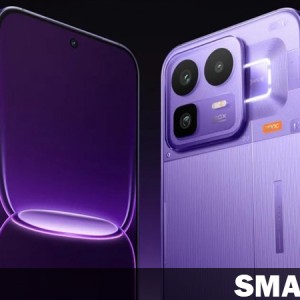
Jan 25, 2026 /
Realme Neo8 Launches with Snapdragon 8 Gen 5 & 8000mAh
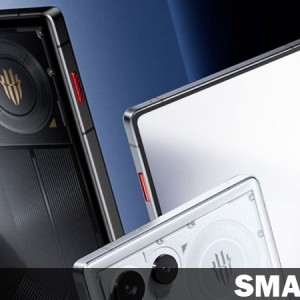
Jan 15, 2026 /
RedMagic 11 Air Design, Display & Colors Revealed
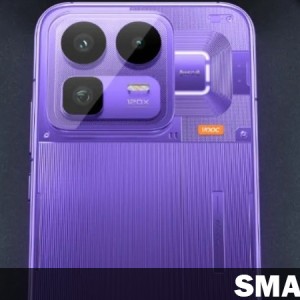
Jan 12, 2026 /
Realme Neo8 Specs Leak: 165Hz AMOLED, Snapdragon 8 Gen 5
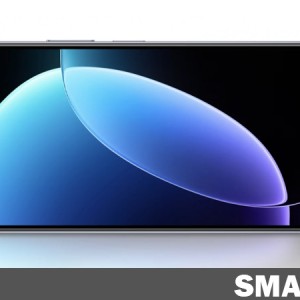
Jan 12, 2026 /
vivo Y500i Launched with 7200mAh Battery and 120Hz Display

Jan 12, 2026 /
Honor Magic8 RSR Porsche Edition Launch Date Revealed
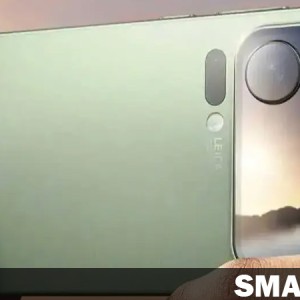
Jan 12, 2026 /
Xiaomi 17 Max Leaks Reveal Massive 8000mAh Battery
-
- Reviews
-
All reviews
Latest reviews

Jun 14, 2024 /
FreeYond M5A : A New Name in Budget Mobile
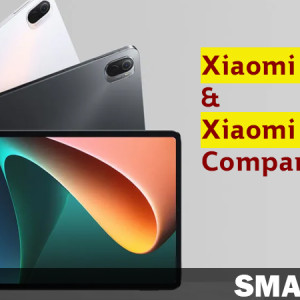
Apr 23, 2023 /
Xiaomi Pad 6 vs Xiaomi Pad 6 Pro Comparison
-
- Other
- Contact Us
Top 10 Smartphones
| Device | Total hits | ||
|---|---|---|---|
| 1 |
| 45940 | 2 |
| 34828 | 3 |
| 33527 | 4 |
| 28325 | 5 |
| 26755 | 6 |
| 24666 | 7 |
| 23076 | 8 |
| 22683 | 9 |
| 21598 | 10 |
| 21312 |
Best Ratings
Latest News
Latest Reviews
Sri Lanka's Smartphone Shift: Android Overtakes iPhone in Popularity
Sep 14, 2025 Chathura Prabhaswara Gamage News 2841 hits
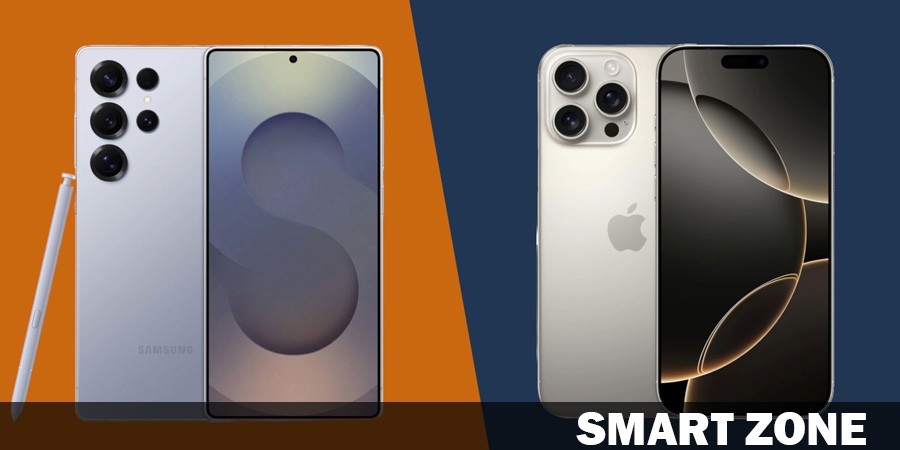
Sri Lanka's Smartphone Shift: Android Overtakes iPhone in Popularity
Introduction
In recent months, Sri Lanka has witnessed a significant shift in smartphone preferences, with a notable decline in iPhone sales and a surge in Android device purchases. This change has left many local retailers and industry observers perplexed, as the reasons behind this migration are not immediately apparent. However, a closer examination reveals several factors contributing to this change.
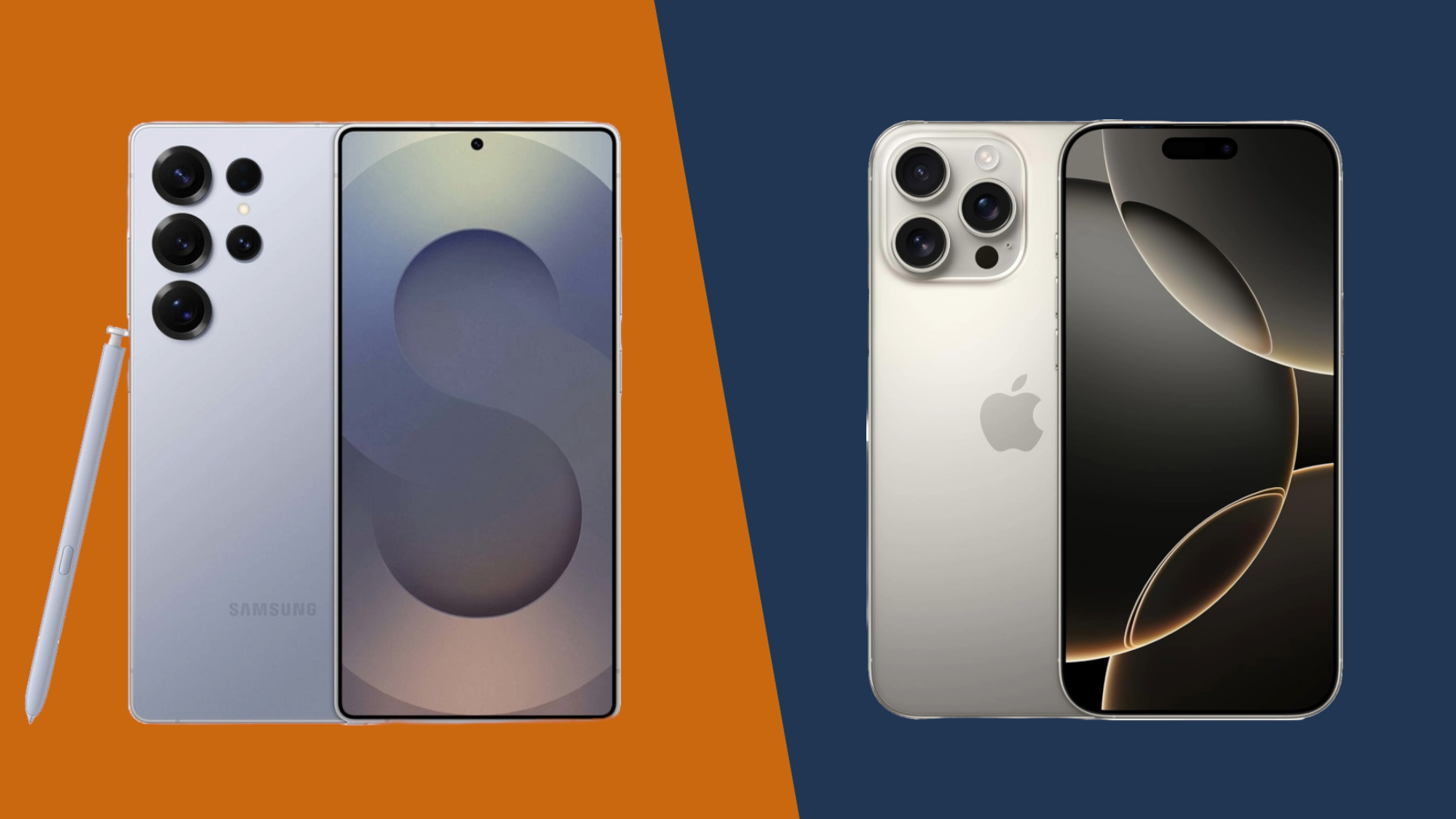
Market Share Dynamics
As of August 2025, Android holds a commanding 83.95% share of the Sri Lankan smartphone market, while iOS accounts for 15.86% source. This disparity underscores the growing preference for Android devices among Sri Lankan consumers.
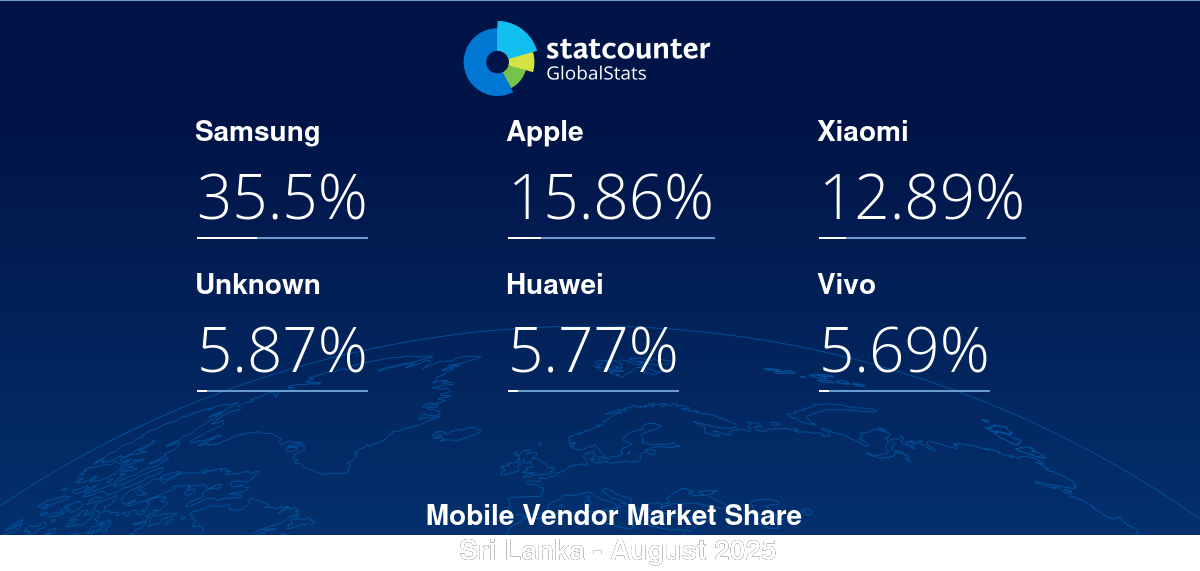
Reasons Behind the Shift
1. Minimal Innovation in Recent iPhone Models
Many users have expressed that the latest iPhone models offer only incremental updates, lacking significant new features that justify the premium pricing. This perception has led to a decline in interest among potential buyers.
2. Superior Camera Capabilities in Budget-Friendly Android Phones
Brands like Samsung, Xiaomi, and Honor have introduced smartphones equipped with advanced camera technologies at competitive prices. These devices offer features such as high-resolution sensors and AI-enhanced photography, attracting photography enthusiasts and casual users alike.
3. Enhanced AI Features in Android Devices
Android smartphones are increasingly incorporating artificial intelligence functionalities, such as intelligent voice assistants and personalized user experiences, providing users with more interactive and efficient devices.
4. Affordability and Value for Money
The high cost of iPhones, coupled with a limited resale market in Sri Lanka, makes them less appealing to budget-conscious consumers. In contrast, Android smartphones offer a wide range of options catering to various budgets without compromising on essential features.
5. User-Friendly Interface of Android Devices
Some former iPhone users have reported that the iOS interface feels less intuitive compared to the customizable and user-friendly interface of Android devices.
6. Concerns Over iOS Updates
Issues related to the frequency and stability of iOS updates have led to dissatisfaction among users, prompting them to consider alternatives that offer more reliable software support.
7. Innovative Offerings from Brands Like Xiaomi, Honor, and Samsung
These brands have been at the forefront of introducing innovative features such as foldable screens, high-refresh-rate displays, and 5G connectivity, attracting tech-savvy consumers seeking the latest advancements.
8. Integration with Google Services
Android's seamless integration with Google services, including Gmail, Google Maps, and Google Drive, provides users with a cohesive and efficient ecosystem, enhancing productivity and convenience.
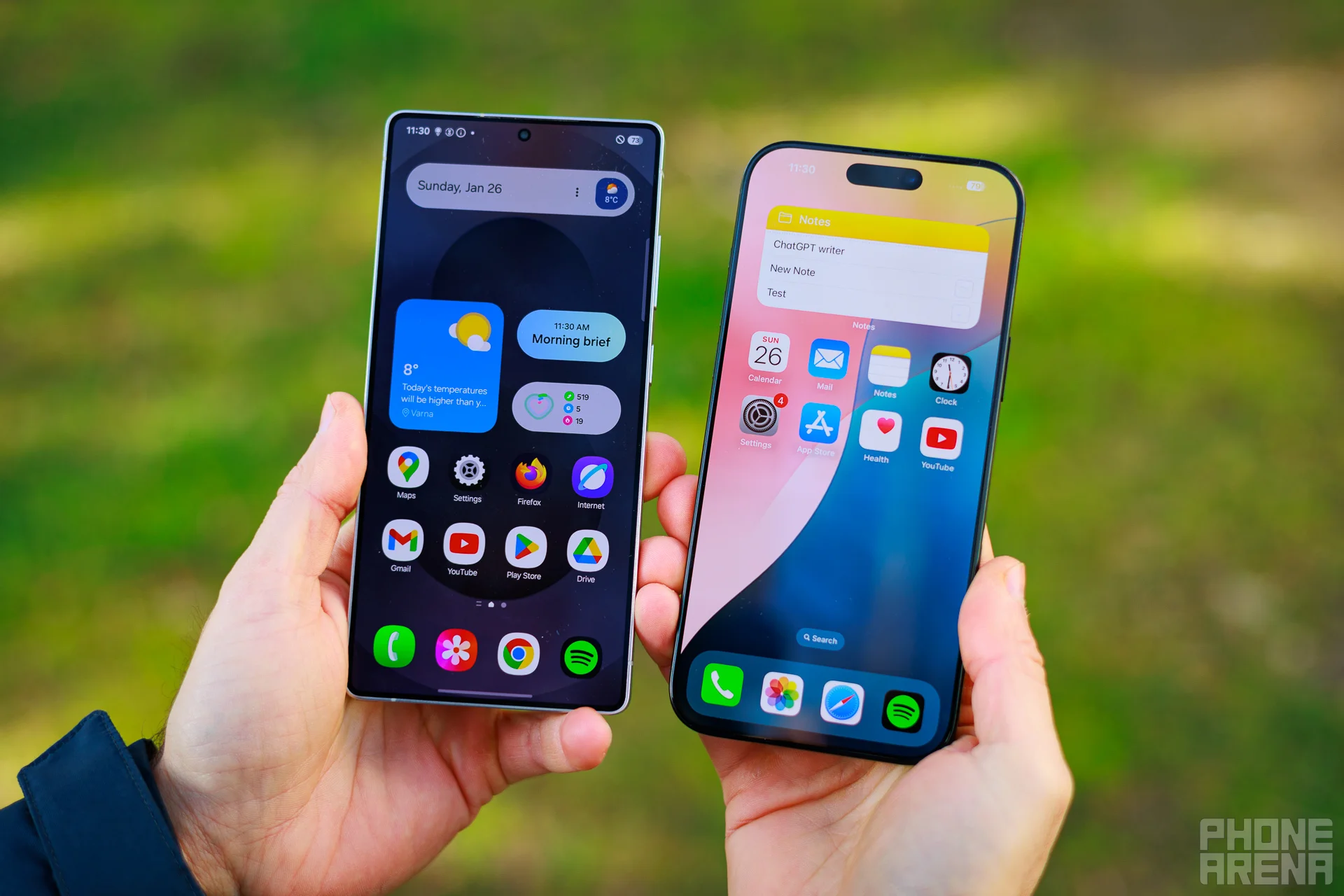
The Impact on iPhone 17 Series in Sri Lanka
The upcoming iPhone 17 series faces a challenging market in Sri Lanka. Pre-order rates for the new models are notably lower compared to previous releases, indicating a shift in consumer interest. Additionally, the pricing of the iPhone 17 series has raised concerns among potential buyers, with many perceiving them as overpriced given the current economic climate.
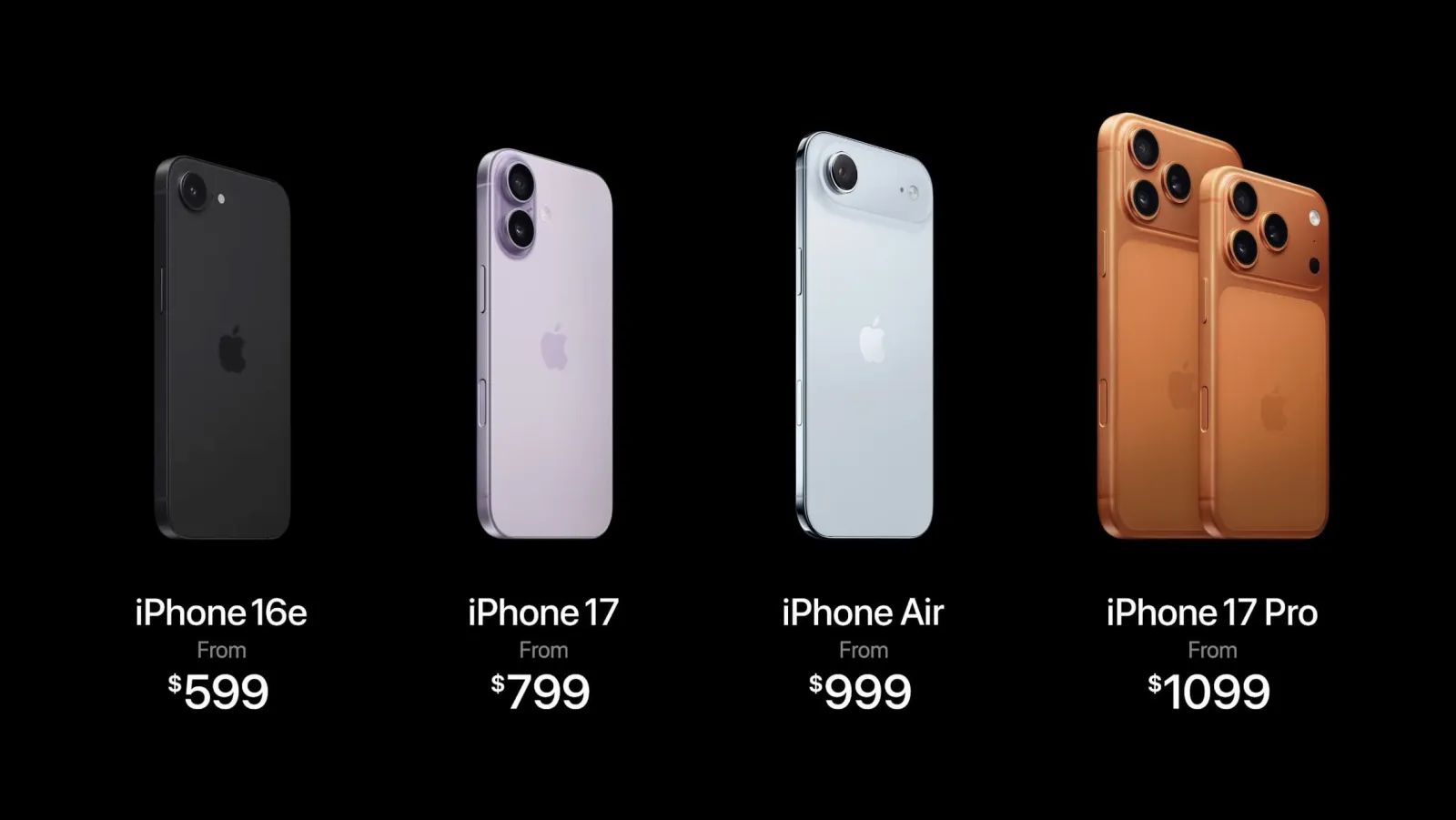
The Rise of Android Brands in Sri Lanka
Brands like Xiaomi, Honor, and Samsung are experiencing significant growth in the Sri Lankan market. Their flagship models, such as the Xiaomi 15 and Honor Magic 5, have garnered attention for their cutting-edge features and competitive pricing. This surge in popularity is evident in the increasing presence of these brands in local retail outlets and online platforms.
Retailers' Perspectives
Local retailers have observed the changing preferences of consumers, with many reporting a decline in iPhone sales and an uptick in Android device purchases. This shift has prompted retailers to adjust their inventories and marketing strategies to align with the evolving demands of the market.
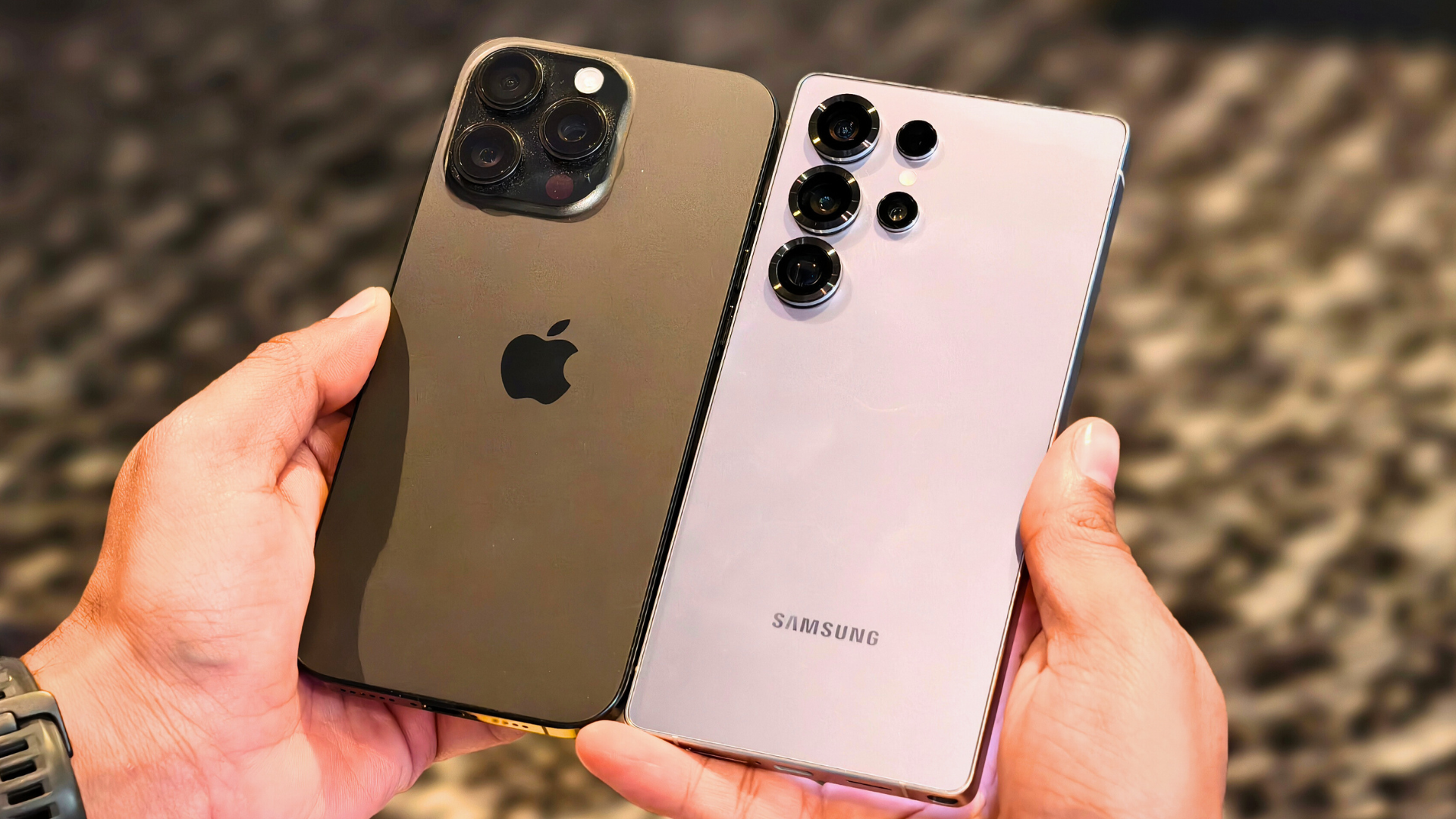
Future Outlook
The smartphone market in Sri Lanka is undergoing a transformation, with Android devices gaining prominence due to their affordability, innovation, and user-centric features. For Apple to regain its foothold in the Sri Lankan market, it will need to introduce more compelling innovations and consider pricing strategies that resonate with the local consumer base.
In conclusion, the shift from iPhone to Android smartphones in Sri Lanka reflects broader global trends and highlights the importance of innovation, value, and user experience in influencing consumer choices. As the market continues to evolve, both consumers and manufacturers will need to adapt to the changing dynamics to stay competitive.










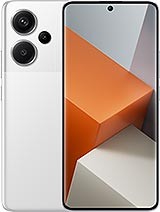




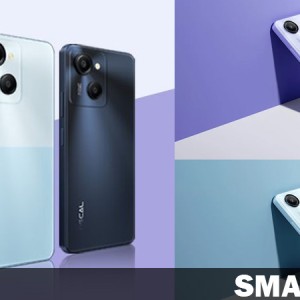

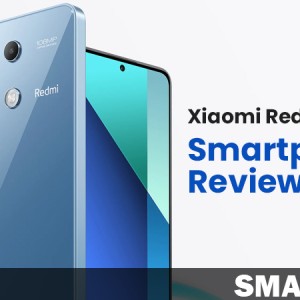






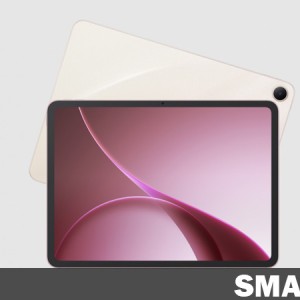
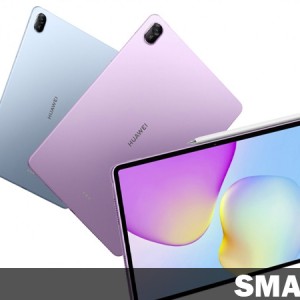



Leave a comment: